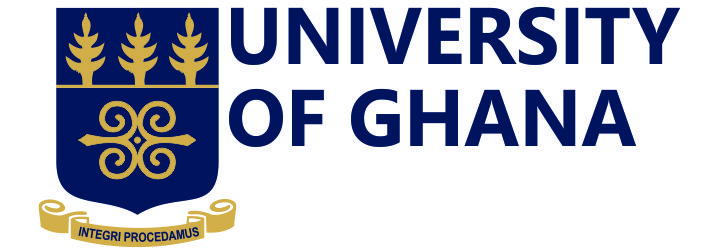BRECcIA Project
Project Background
Building REsearch Capacity for sustainable water and food security In dry lands of sub-Saharan Africa (BRECcIA) – is a four year project being implemented by the Regional Institute for Population Studies (RIPS) in collaboration with the School of Public Health and, University of Ghana. The project which aims to develop research capacity across institutions that are self-sustaining and focused on improving food and water security for the poorest of society, is being supported by the UK Government through its Global Challenges Research Fund (GCRF) Research Councils UK Collective Fund. Ultimately, the project will strengthen research capacity and capabilities in institutions in Ghana, Malawi and Kenya to carry out impactful research that leads to positive policy and practice change for sustainable water and food security, which will have benefits for the people living in the Sub Saharan Africa dry lands. BRECcIA will deliver impact through a programme of capacity development, capability enhancement, partnership building and targeted research in sustainable water and food security.
Project Objectives
The project’s objectives include:
• To enable partner institutions to understand the barriers and enablers to high quality scientific research, and to co-develop a pipeline of capacity-building activities to strengthen research technical and management skills, professional skills, and professional development.
• To develop research networks across African institutions around water and food security, and to leverage these to co-design pertinent research questions on key global challenges.
• To engage in collaborative research programmes that advance knowledge of food and water security in partner countries, identifies solutions to water and food security challenges, and produce a new cohort of trained researchers in this field that are capable of leading and shaping the direction of future research.
• To ensure impactful research that influences policy/practice through engagement with regional climate, hydrological and agricultural information providers, and with stakeholders and policy makers at national and local levels to empower local communities.
• To facilitate sustained research capacity within partner institutions after the end of the project and to provide opportunities to self-propagate capacity to a broader set of institutions and researchers across Africa.
Project Leads
Samuel Nii Ardey Codjoe (Prof) Co-Investigator
Mawuli Dzodzomenyo (PhD) Co-Investigator
